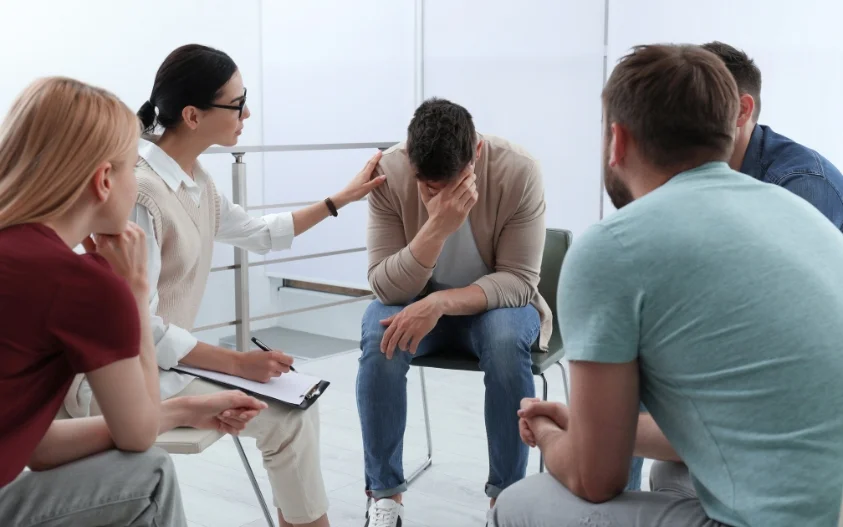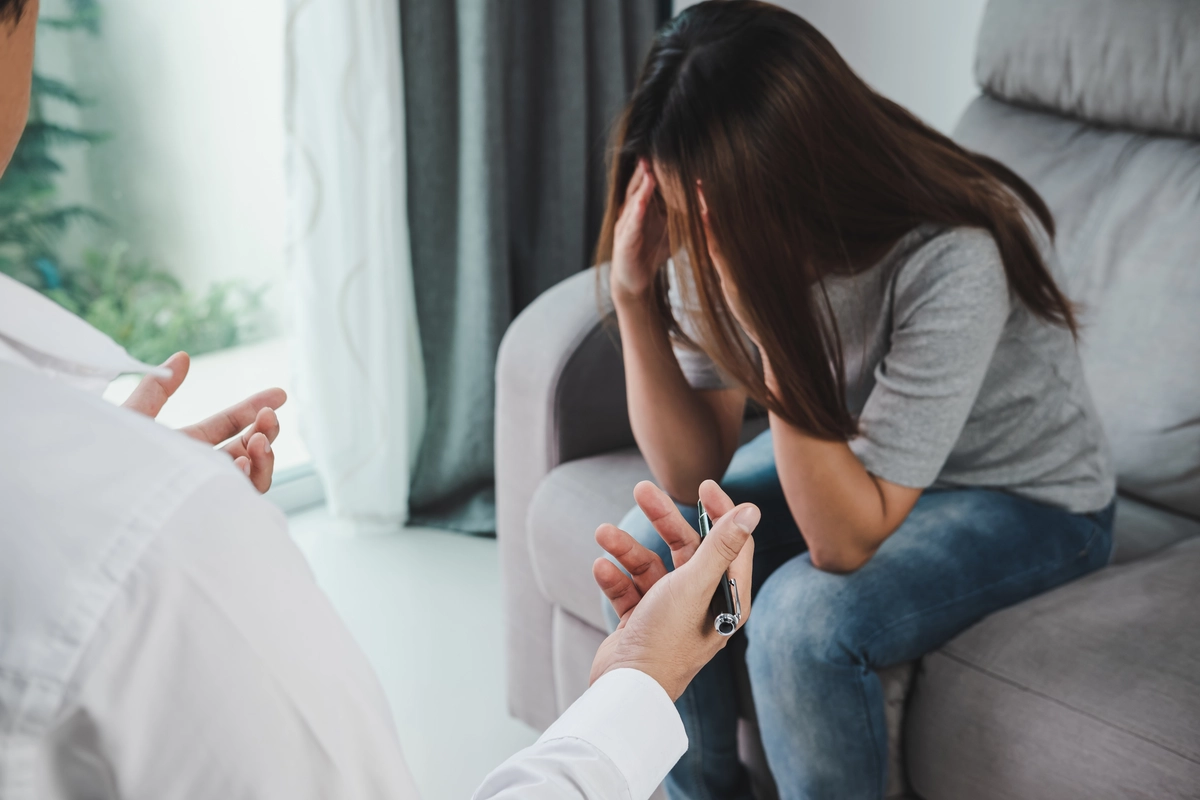24/7 Helpline:
(866) 899-221924/7 Helpline:
(866) 899-2219
Learn more about Anxiety Treatment centers in Gainesville
Anxiety Treatment in Other Cities

Other Insurance Options

PHCS Network

MHNNet Behavioral Health

Cigna

UnitedHealth Group

Medical Mutual of Ohio

Amerigroup

American Behavioral

Anthem

Covered California

BlueCross

EmblemHealth

Choice Care Network

Providence

ComPsych

Regence

Absolute Total Care

Access to Recovery (ATR) Voucher

UMR

Aetna

Lucent













